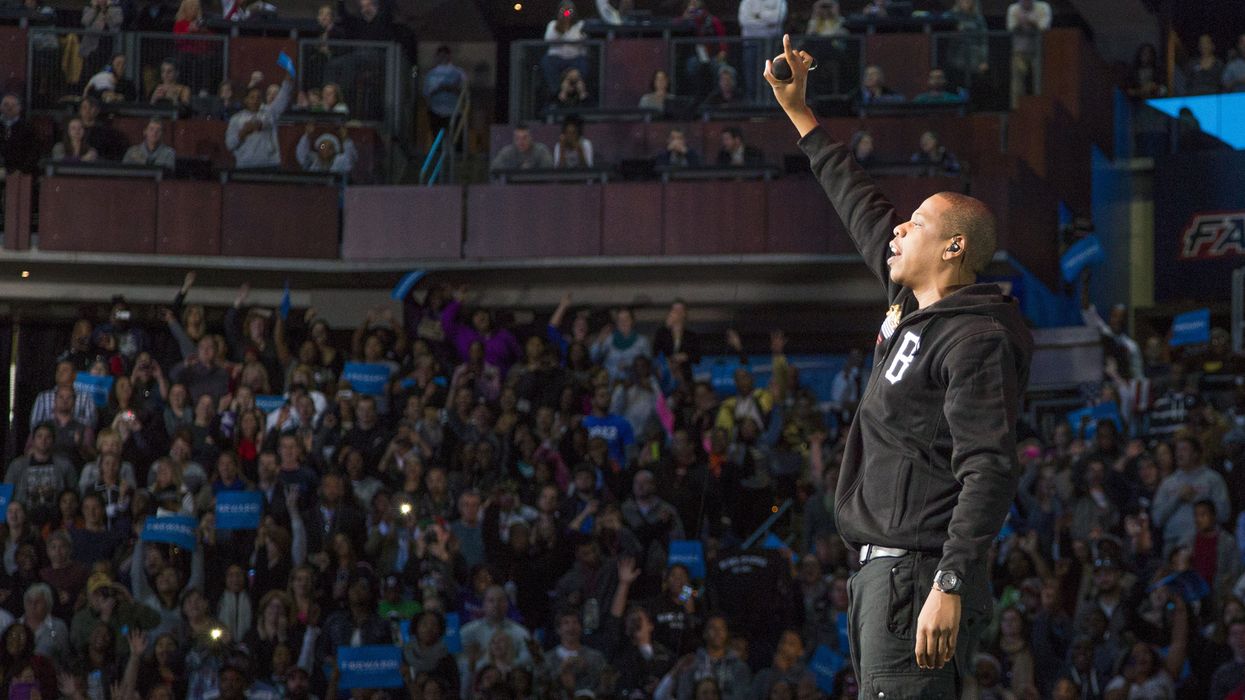Johnson is a United Methodist pastor, the author of "Holding Up Your Corner: Talking About Race in Your Community" and program director for the Bridge Alliance, which houses The Fulcrum.
In 1992, a young Bill Clinton tried to connect with Generation X by joking around and soulfully playing the sax on “The Arsenio Hall Show.” It was a game-changer that forever shifted how presidential candidates court younger voters.
Nowadays, it's not about late-night talk shows but about getting attention on social media platforms like TikTok. The relationship between pop culture and politics has evolved with each generation, keeping pace with the changing times and new technologies. It's crucial to understand this evolution and what it means for how future generations will engage with politics.
Rock the Vote burst onto the scene when I was coming of age. This nonpartisan organization aimed to educate young folks about their rights and get them involved in politics. Its message hit home with a generation that felt disillusioned with the system. The 1992 Clinton-Gore campaign tapped into this energy, aligning with famous figures like Madonna and Aerosmith.
Still, hip-hop had a complicated relationship with the Clintons and other political characters in its early days. Some artists subtly expressed interest, while others, like the late Tupac Shakur, offered critical commentary, reflecting the mixed views of the community on the candidates and their policies.
Fast forward to 2008, and the landscape shifted again. Barack Obama's campaign savvily used social media to connect with young voters. Hip-hop, by then a major cultural force, rallied behind his candidacy. Endorsements from artists like Jay-Z, Beyoncé and will.i.am carried credible weight. The "Yes We Can" music video featuring a star-studded cast reciting Obama's speech went viral, capturing the campaign's energy. Unlike politicians of the 1990s, Obama wasn't just trying to seem cool; he made genuine in-roads to the hip-hop community and showed an understanding of its influence.
In 2024, the intersection of pop culture and politics has evolved. While pop culture is undoubtedly still influential, its interaction with politics has become more nuanced and sophisticated. Artists like Charli XCX and Taylor Swift embody this shift, using their massive platforms to endorse candidates and speak out on specific issues that resonate with their audiences. For example, Swift's social media post about the Equality Act sparked way more attention and discussion than any traditional political ad could.
Social media personalities and pop culture icons have considerable influence in the political sphere, shaping the discourse and bringing important issues to the forefront. Moreover, their efforts reflect a generational shift, with young people becoming increasingly interested in specific policies and their real-world impacts rather than unquestioningly supporting a particular party. It's an encouraging sign of a more informed, engaged and politically aware generation with the potential to shape the nation's future through active participation and passionate advocacy.
So, the question for the weeks and election cycles ahead is: How will candidates meaningfully connect with this new electorate of politically savvy young civic citizens?
It won't cut it to have a TikTok account or score an endorsement from a famous artist. Next-generation voters will demand substantive answers on the issues that matter most to them — climate change, racial justice and economic inequality. This next generation uses their vast digital audiences to hold candidates accountable, amplify marginalized voices and build movements beyond traditional party lines.
The future of the intersection of pop culture and politics depends on how the political system and leaders adapt to this ever-changing reality. The need for substantive engagement from political leaders is urgent, and it's up to citizens to demand it. The empowerment of this cycle's electorate and future ones is not just a sign of change but a signal of hope for a more inclusive and informed political future.




















Trump & Hegseth gave Mark Kelly a huge 2028 gift